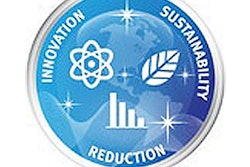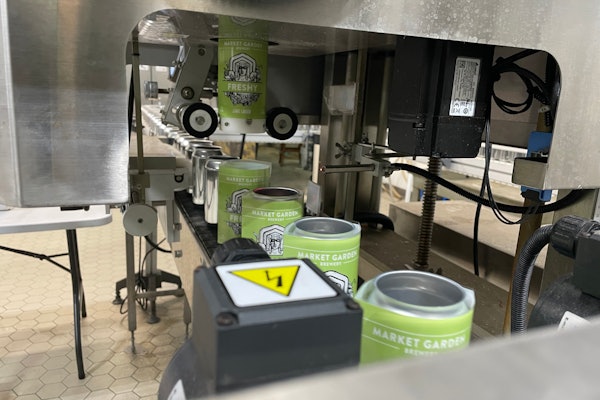
The Sustainability Consortium, launched last August, clarified its mission and strategies today, while debunking the misconception that it is working on a “sustainability index” for Walmart. This information, along with a comprehensive dialogue on the types of product data to be collected and shared around sustainability were the topics of a 90-minute Webcast, “Inside the Sustainability Consortium,” presented by GreenBiz.com on Dec. 2. Consortium co-chairs, Dr. Jay S. Golden of the School of Sustainability, Barrett Honors Faculty, at Arizona State University, and Dr. Jon Johnson of the Sam M. Walton College of Business at the University of Arkansas, were the event’s guest speakers.
In July, Walmart released news that it would be creating a Sustainable Product Index, saying, “the company [Walmart] is helping create a consortium of universities that will collaborate with suppliers, retailers, NGOs, and government to develop a global database of information on the life cycle of products — from raw materials to disposal. Walmart has provided the initial funding for the Sustainability Index Consortium and has invited all retailers and suppliers to contribute.”
During the Webcast, Dr. Golden clarified the nature of the relationship between Walmart and the consortium, confirming that Walmart was a founding partner of the consortium, but that the consortium does not have “an index governing board.” What the consortium does have is a steering committee made up of CPGs, NGOs, government agencies, and others interested in “advocating for good business.”
Noted Dr. Johnson, “Walmart understands that multiple retailer engagement is necessary if this initiative is going to work.” Retailer Walt Disney has also signed on as a partner in the consortium.
Dr. Johnson added that the consortium does not believe that the scientific community is qualified to make value judgments regarding the relative life-cycle data of products. By separating itself from the creation of indexes and certifications, he said, the consortium will be able to preserve its integrity.
What’s it all about?
As Dr. Johnson and Dr. Golden explained, the consortium was established to pull in the best practices and information from the myriad of LCA data and certification guidelines surrounding products’ environmental impacts in order to produce standardized, transparent tools and methodologies that can be used to make good business decisions.
Said Dr. Johnson, “If you don’t account for the environmental impacts of a product over its entire life cycle, you are bound to make bad decisions. A good, scientific system that drives innovation is vital.”
The consortium was established around six principles, Dr. Johnson explained:
• Science- and outcome-based processes
• Focus on impact
• Transparent data and methods
• Need for speed, “balanced with a need to heed.”
• Obsess on affordability, accessability, and scalability
• Innovation that creates value. “We’re not in it for the sake of metrics,” Dr. Johnson emphasized. “We want to create value for members of the supply chain.”
Another certification to slap on the package?
Regarding the issue of certifications, or the “Tower of Ecobabble,” as Dr. Johnson referred to it, the consortium has no desire to add to the 400-plus certification programs related to sustainability available today in the marketplace. However, Dr. Johnson noted, the consortium is very interested in understanding the “landscape of certifications.”
Dr. Golden agreed: “We are trying to understand the science behind the labels. We want to use good science and build upon it, leveraging it as best as possible.” Once the consortium makes its LCA data available, retailers and packagers, such as Walmart, will then be free to use it within their own certification programs and labeling.
Tangible results
The Sustainability Consortium’s near-term goal is the creation of a data tool available to all members of the supply chain, using Earthster, a free, open-source, Web-based software. Now in its beta form, Earthster is a drag-and-drop system that allows users to easily compute their products’ LCA cost-effectively.
The software then allows producers to benchmark themselves versus industry averages, and optionally to click-to-report environmental and social attributes of their processes and products to the marketplace, without revealing any proprietary information.
Said Dr. Johnson, “We look to Earthster to become the de facto standard tool for LCA.”
Currently, the consortium’s goals focus on enabling innovation in the business community, although future initiatives may include efforts around consumer education. “We want to look at opportunities to communicate in new ways to consumers,” said Dr. Golden, “but this will be a few years out.”
























